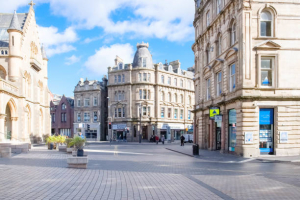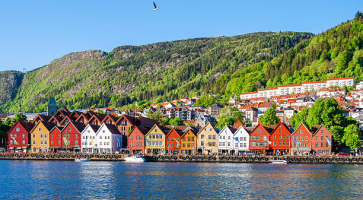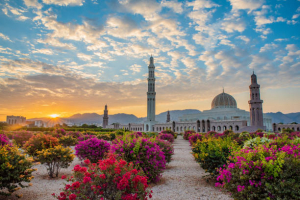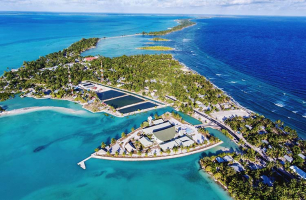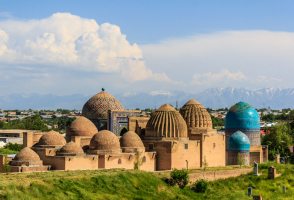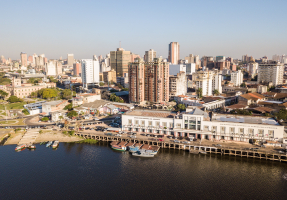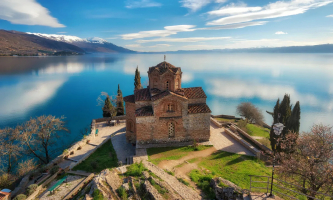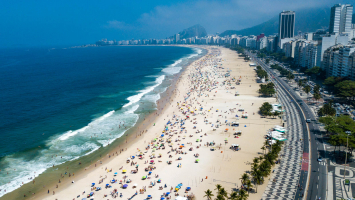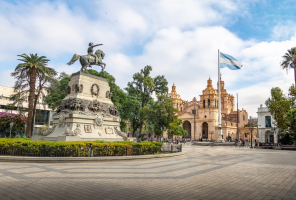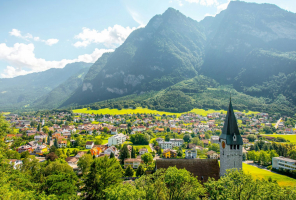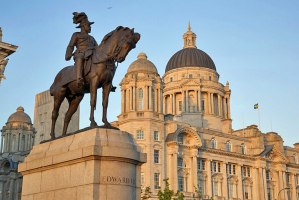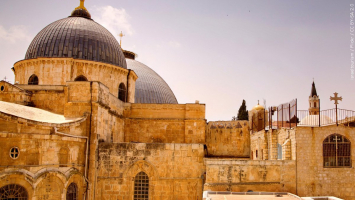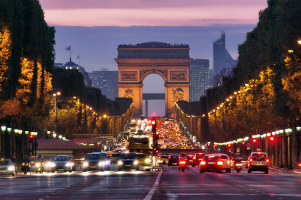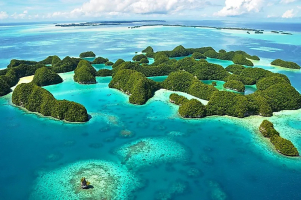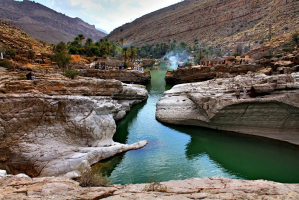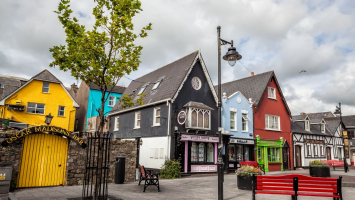Top 10 Reasons to Visit Bulgaria
The frequent travelers are aware that Bulgaria consistently tops lists of Europe's least expensive travel destinations. The nation in Eastern Europe offers ... read more...more than just its price list, though. Bulgaria is a small, little-known country with many incredible places to explore; the fact that it is off the beaten tourist path makes it an intriguing location where you can feel like a true explorer. Here are ten reasons to visit Bulgaria, covering everything from cultures and customs to crafts and cuisine.
-
With only a few sentences, it is impossible to adequately summarize everything that can be seen in Bulgaria. The heritage from Thracian, Roman, Byzantine, Soviet, and of course, Bulgarian times has been preserved in the Bulgarian lands. It is incredibly impressive to see buildings and ruins from each of these eras in such close proximity in Sofia's center. Saint George Rotunda, one of the oldest churches in Europe, was built in the fourth century, and Saint Alexander Nevsky Cathedral, the second-largest on the Balkans, are also located there.
All over Bulgaria, there are remarkable historical sites. One of the earliest megalithic complexes, completely carved into the rocks, is the ancient Thracian fortress-temple of Perperikon. Parts of a Roman Stadium and one of the best preserved Roman Theaters can be found in Plovdiv, the oldest continuously inhabited town in Europe. Veliko Tarnovo, the capital of the second Bulgarian Kingdom, is impressive due to its fortress walls that have been well preserved and its traditional homes.
Old medieval churches and monasteries can be found in many towns. The Boyana Church and the Rila Monastery, both UNESCO World Heritage Sites, are the two most well-known. Amazingly old frescoes from the 13th century are still completely intact in the Boyana Church on the outskirts of Sofia. And these are just a few of the numerous fascinating historical sites you can visit in Bulgaria. This is considered as one of the Reasons to Visit Bulgaria.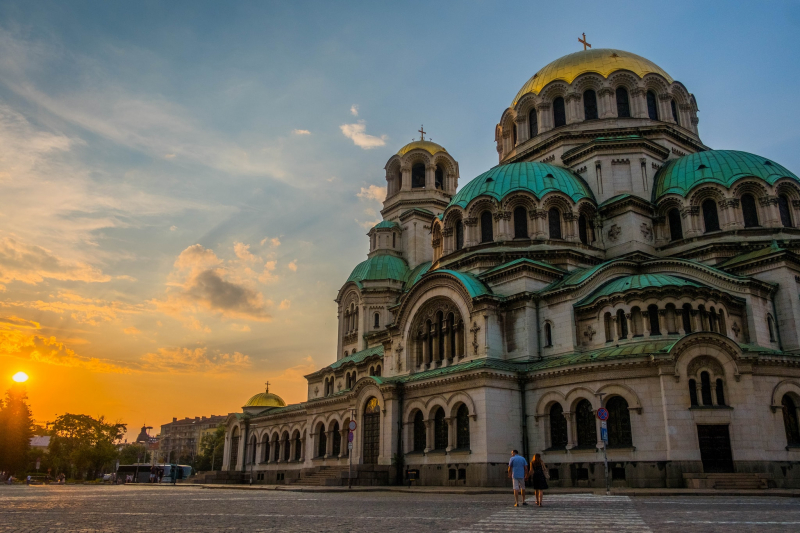
https://theculturetrip.com/ 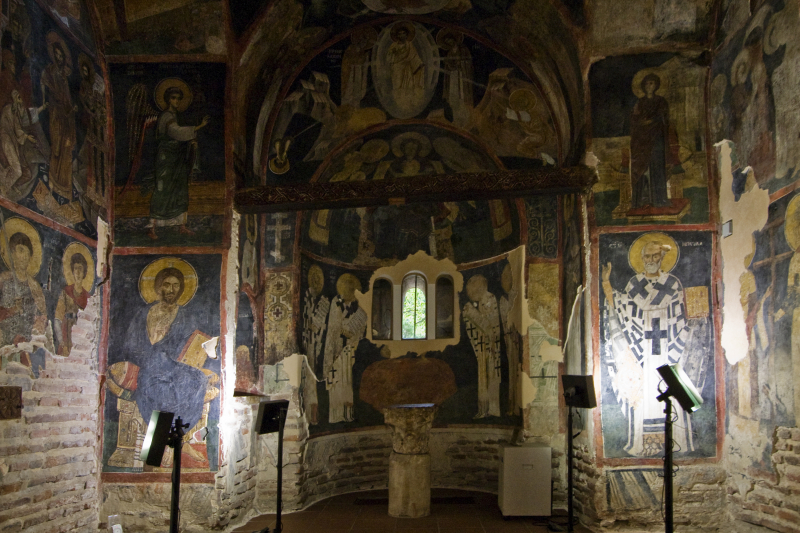
https://commons.wikimedia.org/ -
Bulgaria's stunning, untainted landscape will enchant you. You only need to travel to the mountains to find expansive lakes, lovely waterfalls, amazing caves, and breathtaking panoramic views.
With the rocky, pointed summits of the alpine Rila and Pirin massifs and their numerous blue glacial lakes, the Balkan range with its breathtaking waterfalls and sunny meadows, or perhaps the Rhodopes with their lush forests and intriguing trails, Bulgaria is undoubtedly not short on mountains. The mountains of Bulgaria will enchant you with their breathtaking views and some of the best hiking trails in all of Europe.
Other well-known tourist attractions include the Vitosha Mountain, which is close to Sofia and has a variety of hiking trails, the Seven Rila Lakes, the Stob Pyramids near the Rila Monastery, the Melnik Pyramids, the Iskar Gorge, the Ledenika Cave, and the Belogradchik Rocks. You can also take advantage of the Rose Valley in the Kazanlak region if you visit in May. Due to the abundance of hot mineral springs, Bulgaria is a fantastic location for SPA tourism.
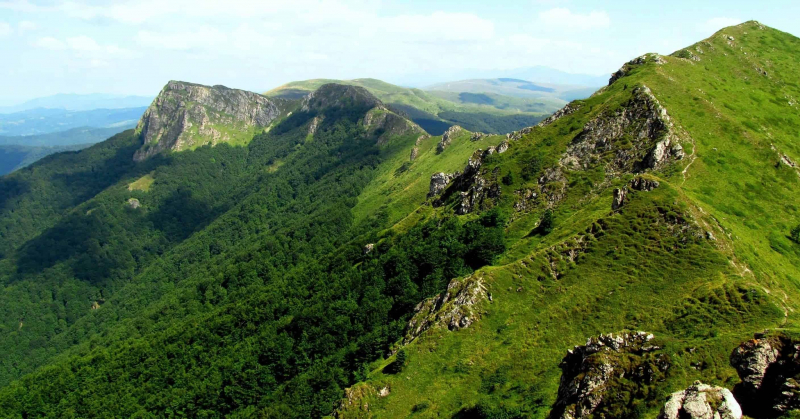
https://www.nature-experience-bulgaria.com/ 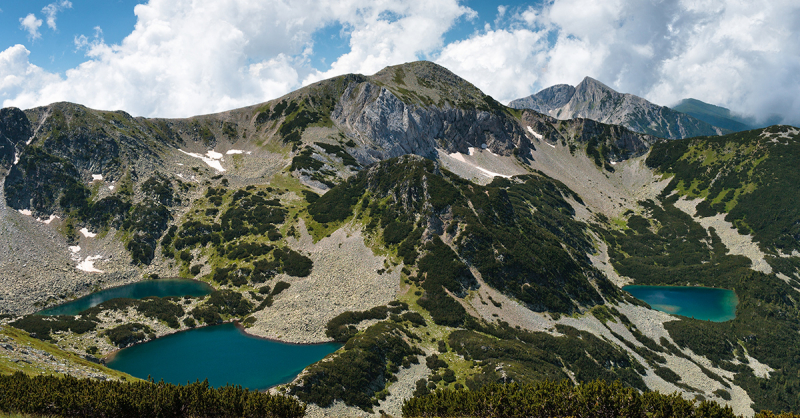
https://varnacitycard.com/ -
It goes without saying that this is a part of the historical and cultural heritage, but it needs special consideration. In some locations in Bulgaria during the 19th century, the typical Revival homes were constructed. Beautiful, colorful homes with distinctive architecture can be found here. They can be found in the historic districts of Plovdiv and Nessebar, the mountain town of Koprivshtitsa, or the Etara ethnographic reserve. These locations are great for strolling because they have a peaceful, relaxing atmosphere. These days, homes frequently serve as small hotels, shops, restaurants, and museums.
You should also go there because there are two magnificent Roman amphitheaters there. One of the best preserved theaters in the world, the theater in Plovdiv, which can seat up to 3500 people, was constructed in the second century AD. The Plovdiv Amphitheatre has 14 rows of immovable marble seats, and a tunnel beneath it connects to the street. It is one of the many ancient Roman structures still standing in Plovdiv. One of the most amazing remains of the ancient city is the Stadium of Philippopolis. It was given national cultural heritage status in 1995. With a five-lion entrance ticket, you can enter any day from 9 to 6 pm.
Additionally, the nation is home to thousands of well-preserved architectural sites from the Thracian, Greek, Roman, Byzantine, Medieval Bulgarian, and Ottoman civilizations. Poetic songs, rituals, music, dance, costumes, and jewelry all depict this history. It can be seen as one of the Reasons to Visit Bulgaria.
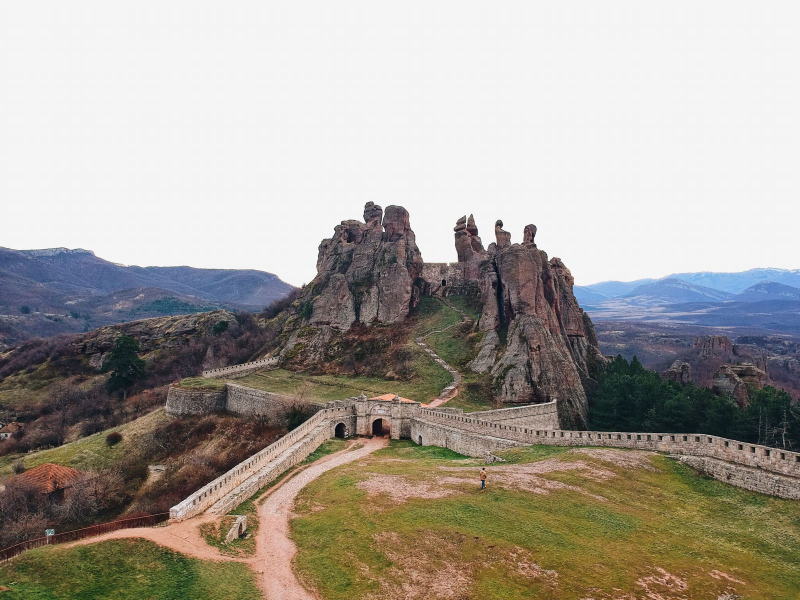
https://stampsonthepassport.com/ 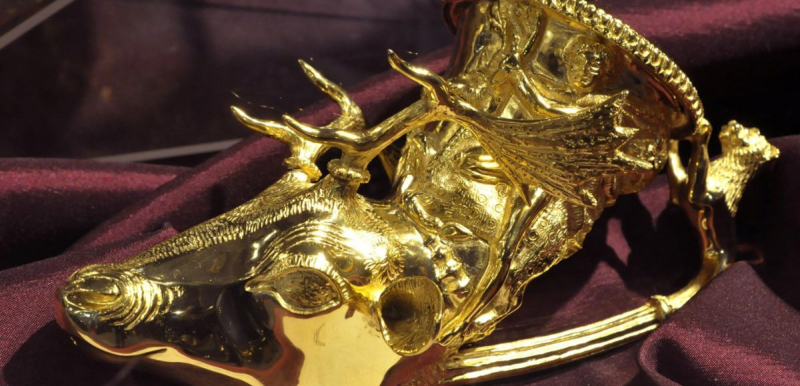
https://travelbulgaria.news/ -
Bulgarian cuisine is renowned for its high-quality dairy products, mild spices, and fresh, delicious ingredients. Although veal dishes are also popular, and lamb has a special traditional place in Bulgarian cooking, pork and chicken tend to be the most frequently consumed meats. Additionally, locals enjoy gyuveche, a fiery vegetable stew, fresh fish, particularly that caught along the Black Sea coast, and traditional breads like roast or travail.
The name "banitsa" refers to a pastry delight made in the region from dough and white cheese. It typically pairs well with the local beverage "ayran," which is salty yogurt. The cold summer soup "tarator" is made with cucumbers and salty yogurt. The most well-known salad in the area is "shopska salad," which includes cheese, tomatoes, and cucumbers. The most common barbecue is made from pork and is known as "kebapche" or "kufte" (round meatballs) (the long ones). Lukanka, a very tasty salami, is also made from pork. Additionally, since Bulgaria is the home of yogurt, it is the best place to be if you like it.
Of course, no trip would be complete without sampling some of the country's renowned wines. Paradise, a fruit cognac that is most frequently made from fermented grapes or plums, is the national beverage of Bulgaria. Make sure that a homemade brew that can reach an ABV of 80% does not mislead you at the time of purchase, even though the offers for purchase in the store are probably around 40% ABV.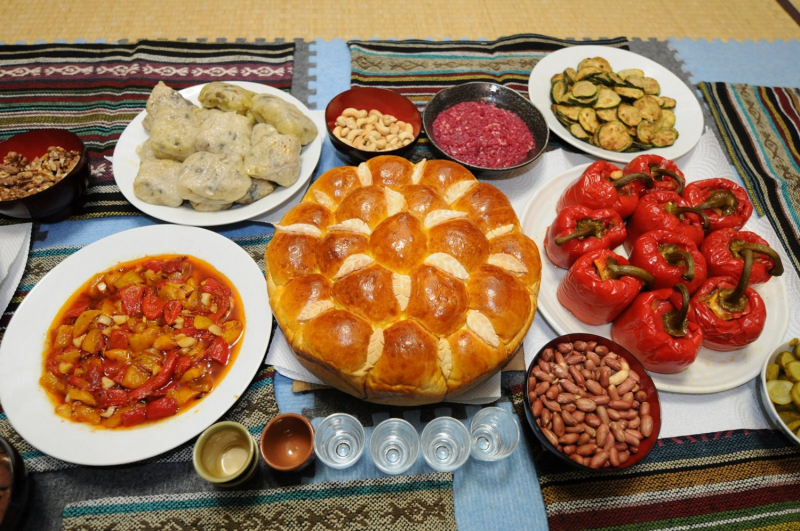
https://i-winereview.com/ 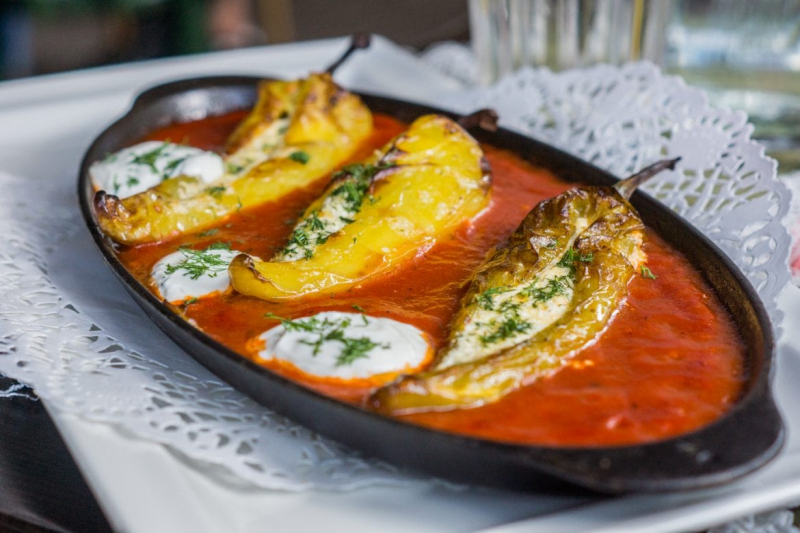
https://alittlenomad.com/ -
Bulgaria primarily has a continental climate. It has four typical seasons, and each one is charming in its own way. Bulgaria is a fantastic destination all year round because of the typically clear, dry weather. Naturally, you should keep in mind that temperatures are higher in July and August and that it may occasionally snow more heavily in the winter.
The best thing to do during the hot summer months is to go hiking in the wilderness, relax by the sea, or travel to some picturesque mountain villages. Given the consistently sunny days and high temperatures of over 30 degrees Celsius, Bulgaria is experiencing its busiest travel season. However, June frequently experiences the highest rainfall. Sofia is also fine because it is tucked in between a number of mountains, which keeps temperatures from rising too much. The country typically experiences heavier rains in the second half of May. January is usually the coldest month, but if you are properly dressed, this is not a big issue and you can still go on sightseeing tours.
With pleasant temperatures, spring (April to May) is a great time to travel to Bulgaria, especially along the coast, which benefits from Mediterranean climate influences. Weather can also be favorable in September, but temperatures start to drop sharply in October, when the nation is frequently covered in snow. The season-ending closure of the coastal resorts heralds the beginning of ski season in Bulgaria.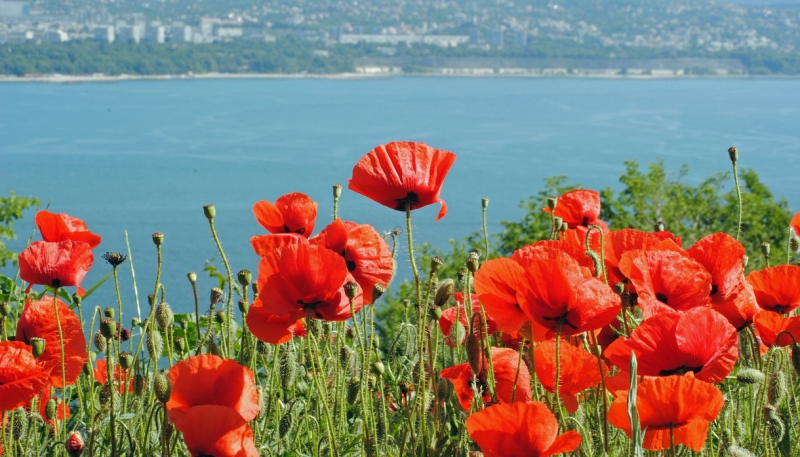
https://theculturetrip.com/ 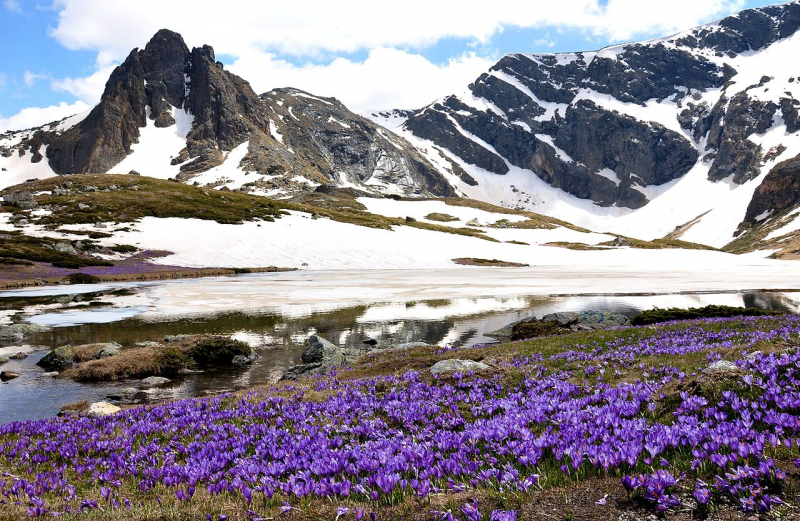
https://theculturetrip.com/ -
Bulgaria is a very secure nation. The majority of young people have a respectable degree of English proficiency (the older not so much, since they had to study Russian during the socialist period). There is basically no danger of being robbed in Bulgaria because of its lack of population (contrary to the popular tourist destinations and spots). Without continuously worrying about your belongings, you may take leisurely strolls through the cities' parks or along their main pedestrian streets.
There are few violent crimes, and crime overall is low. The majority of the population is Christian Orthodox, and the residents are generally welcoming to visitors. You should, however, take good care of both you and your possessions. Considerable safety measures should be taken, especially in larger cities, to prevent street violence. In tourist locations and in busy transit hubs, such as airports, be on the lookout for pickpockets and bag theft. Be watchful at all times, but especially at night. There is also Sunny Beach, a renowned beachfront resort. There are several problems in Sunny Beach, albeit not necessarily in all of Bulgaria, including an uptick in thefts and shady taxi drivers. Bulgaria has a significant and well-entrenched organized crime and corruption problem.
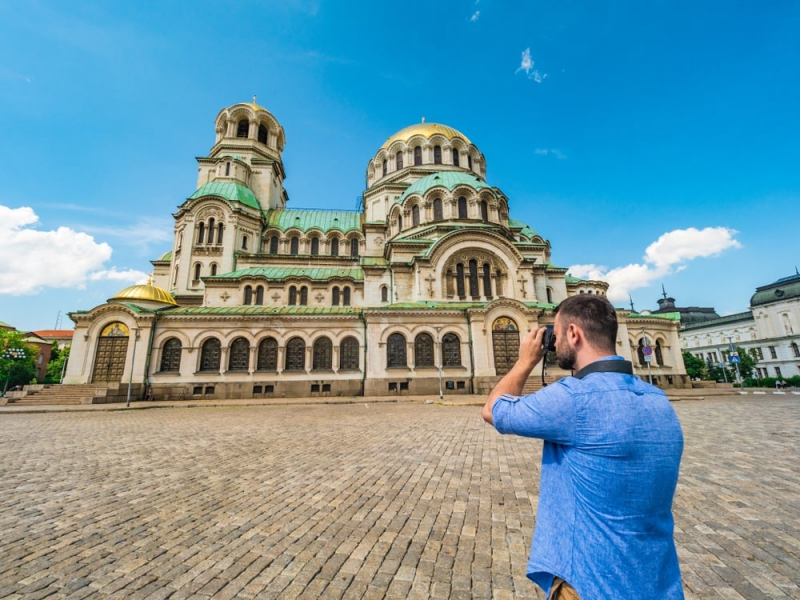
https://www.thebrokebackpacker.com/ 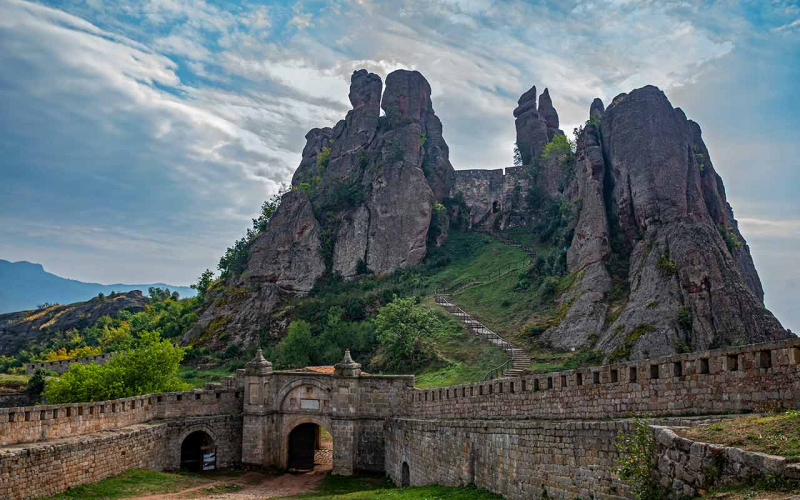
https://www.urbanabroad.com/ -
In many ways, Bulgaria is the most affordable country in Europe to visit, and for definitely the most affordable place that wasn't a part of the Balkan War in the 1990s. The majority of the country's attractions, such as museums and historical monuments, are affordable, so you can do a lot of things here on a low budget. You may travel nicely on a budget by taking cheap transportation, eating at discount restaurants, and purchasing glasses of wine for $1.50. Outside of the Black Sea in the summer and a few ski resorts in the winter, there aren't many international visitors despite the discounts. However, some of the benefits of cheap travel costs in Bulgaria are negated by the alphabet and language barrier, so it may be preferable to pay a little bit more and receive some assistance rather than to learn enough Bulgarian to do it entirely unaided.
Although it is one of the more affordable destinations in Europe, keep in mind that you are not visiting for a city break. Mostly rural, this nation contains a few tiny towns and villages. Less than 500,000 people live in the next-largest city after Sofia, and the population declines rapidly after that. On the plus side, that means there will be many vibrant local events and customs. You'll most likely get to experience them firsthand if you keep your schedule flexible and your senses unclosed.
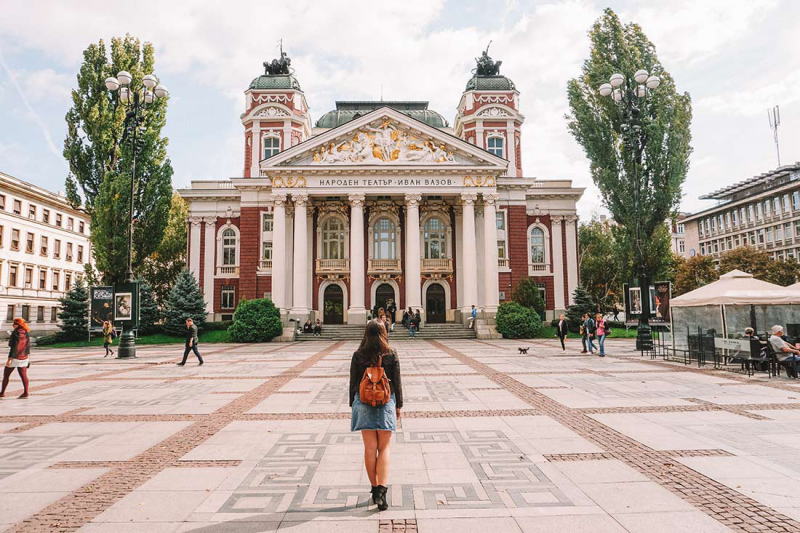
https://www.cktravels.com/ 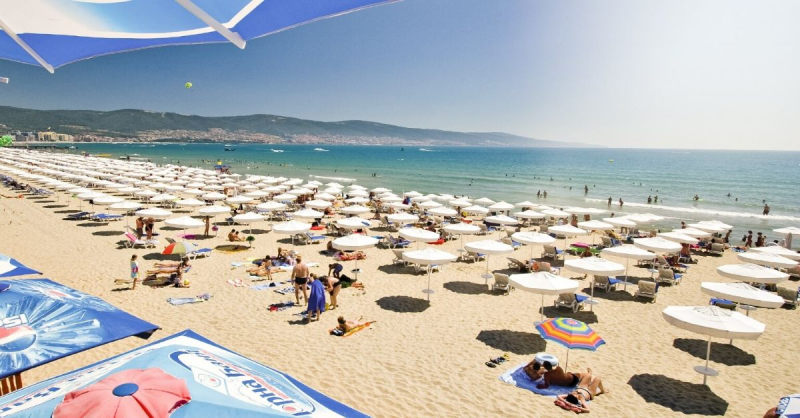
https://www.thomascook.com/ -
One of the first things you'll notice when you arrive in Bulgaria is the attitude of the inhabitants. The people of Bulgaria are incredibly warm and welcoming, and they are able to help others without expecting anything in return, including visitors as well as their own countrymen. Family hostels in Bulgaria offer a more comfortable lodging option than five-star hotels, together with a friendly greeting and first-rate service. At a relatively affordable fee, visitors may expect to unwind in beautiful surroundings far from the crowds.
Except for the inquisitive locals you may run with in well-known resorts (like those in Sunny Beach), most people are incredibly kind and welcoming. You can have the tendency to believe that since Bulgarian tourism is still growing and needs to draw more visitors, particularly from overseas, that this kind of hospitality should be promoted. However, it could be unfair of you to assume such given how hospitable and friendly the inhabitants are and how natural the treatment seems. When you visit the people in the rural areas, you may most readily experience their genuine welcome. This thing can be seen as one of the Reasons to Visit Bulgaria.
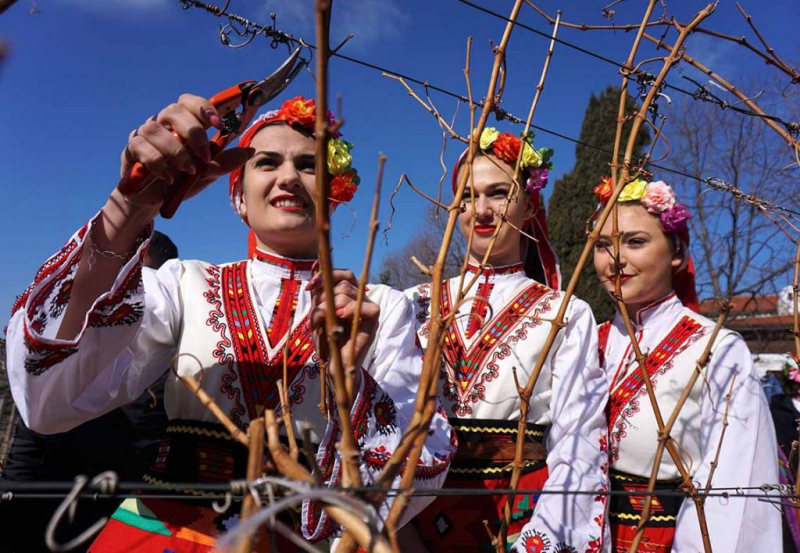
https://visitmybulgaria.com/ 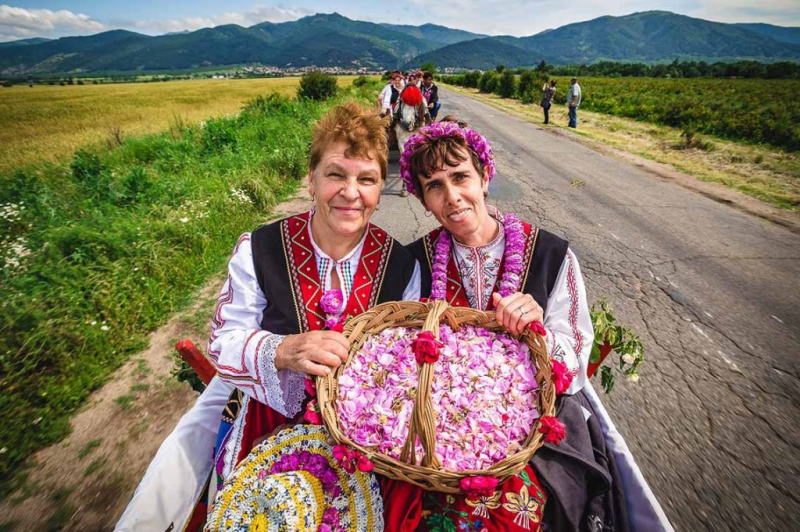
https://visitmybulgaria.com/ -
Bulgaria's capital and largest city is Sofia. It is located in the western regions of the nation in the Sofia Valley at the base of the Vitosha mountain. The city has various thermal springs, including the Sofia Central Mineral Baths, and is situated west of the Iskar River. The climate is humid continental. Being in the middle of the Balkans, it is closest to the Aegean Sea and halfway between the Adriatic and Black seas. Sofia, the capital of Bulgaria, has its main airport. It can now be reached from many European cities thanks to Wizz Air and Ryanair's low-cost flights and additional destinations, which have made it even more convenient.
Despite the fact that most flights are to Sofia, you won't have to move accommodations because from Sofia you can explore many of the well-known natural and cultural landmarks in Bulgaria. The Seven Rila Lakes, Plovdiv, Koprivshtitsa, Rila Monastery, and Iskar Gorge can all be accessed from Sofia in approximately one and a half hours by automobile. Other noteworthy locations like the former capital Veliko Tarnovo, the Belogradchik Rocks, Perperikon, and the Rose Valley might also be visited but would require a bit more travel time; from Sofia, it would take around 3 hours to go there by automobile. Therefore, if you want to visit our nation's capital, you will also have a ton of possibilities to explore many other incredible locations nationwide and make the most of your time here.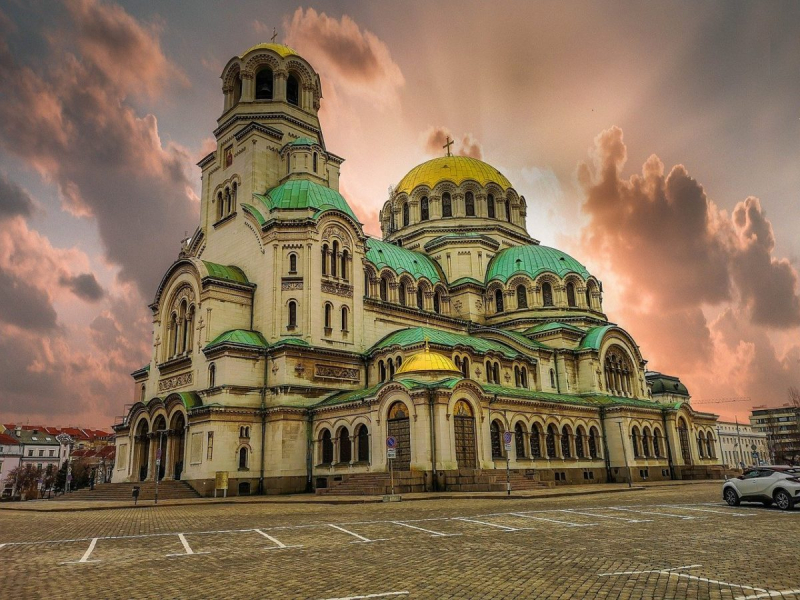
https://passionpassport.com/ 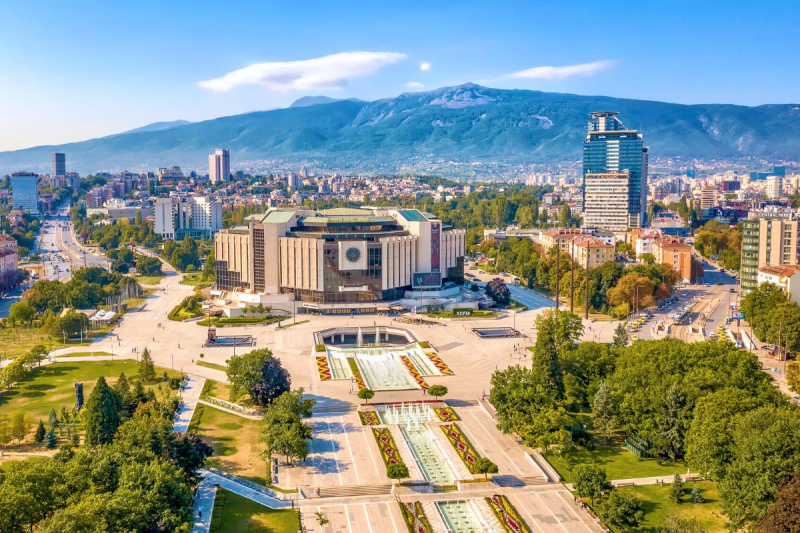
https://tourscanner.com/ -
Some of Eastern Europe's best and most affordable ski resorts can be found in Bulgaria. Given the least expensive ski resorts on the continent, Bansko is the most well-liked and frequently tops polls. Bulgaria has many beginner and intermediate slopes lined with trees, top-notch ski schools, and is a terrific spot to learn how to ski. Your spending money will go a lot further here because of the excellent value. Skiing in Bulgaria is a well-liked option for younger groups because of the affordable cocktails and lively pubs, as well as the engaging après scene.
Ski resorts in Bulgaria are best suited for novice, beginning, and intermediate skiers. The major ski resorts in Bulgaria are Borovets and Bansko, although with only 5km and 3km of black slopes, respectively, there isn't much advanced skiing available.
Bring the kids to Bankso or Pamporovo; there are several family-friendly hotels there with simple transportation and off-slope activities. If you're looking for après, Borovets is brimming with bustling bars where you can party all night. With 37 km of predominantly green and blue-rated slopes and an excellent ski school, Pamporovo is the ideal spot to learn. Bankso has 75 km of piste for more seasoned skiers, along with tree skiing and a small terrain park to add some excitement for thrill-seekers.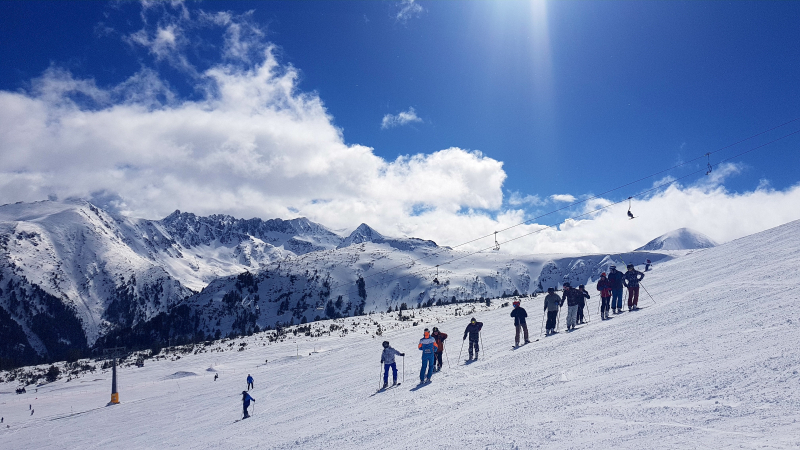
https://myescapetonature.com/ 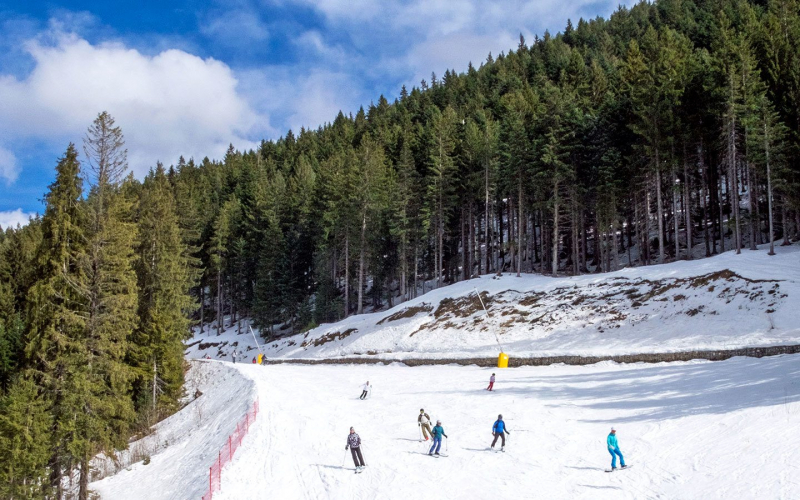
https://www.ontheluce.com/













